 SELECTED
ISSUE
SELECTED
ISSUE
|
|
Leisure Management - Capella

Top team

|
|
| Capella
|

Capella Hotel Group is forging ahead with development and also launching a new lifestyle brand and associated spa concept. Perfect timing, then, for the group’s owning company and senior executives to speak with Neena Dhillon
|

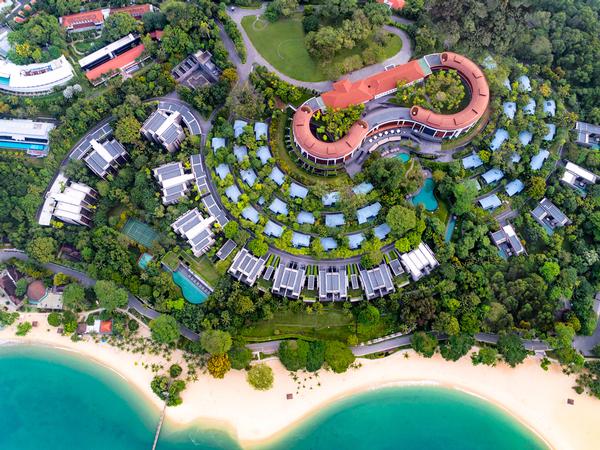
Once restrictions were lifted Capella Singapore hit 65 per cent occupancy photo: CAPELLA HOTEL GROUP
|
|
|
For a modestly sized hotel collection, Capella has been packing a punch despite the challenges of a global pandemic. The group has pressed ahead with openings in Bangkok and Hanoi, bringing its portfolio to seven hotels. With two new destinations set to open in Sydney and the Maldives by 2023, the pipeline was further bolstered by signings in Kyoto, Osaka, Macau and Chiang Mai.
Capella caters to the luxury end of the leisure market. Storytelling is embedded into each hotel through top-flight design, unique sites chosen for heritage or nature, cultural immersion initiatives and wellness prioritised through Auriga Spa and resort programmes. Room inventory is limited in number but big on size (Shanghai’s smallest is 111sq m).
These USPs are likely to stand it in good stead as affluent travellers are expected to be the first out of the gate as international restrictions lift.
With the group also launching an upscale lifestyle brand called Patina, Spa Business sits down with the top development and wellness team to find out more.
|
Nicholas Clayton
CEO, Capella Hotel Group
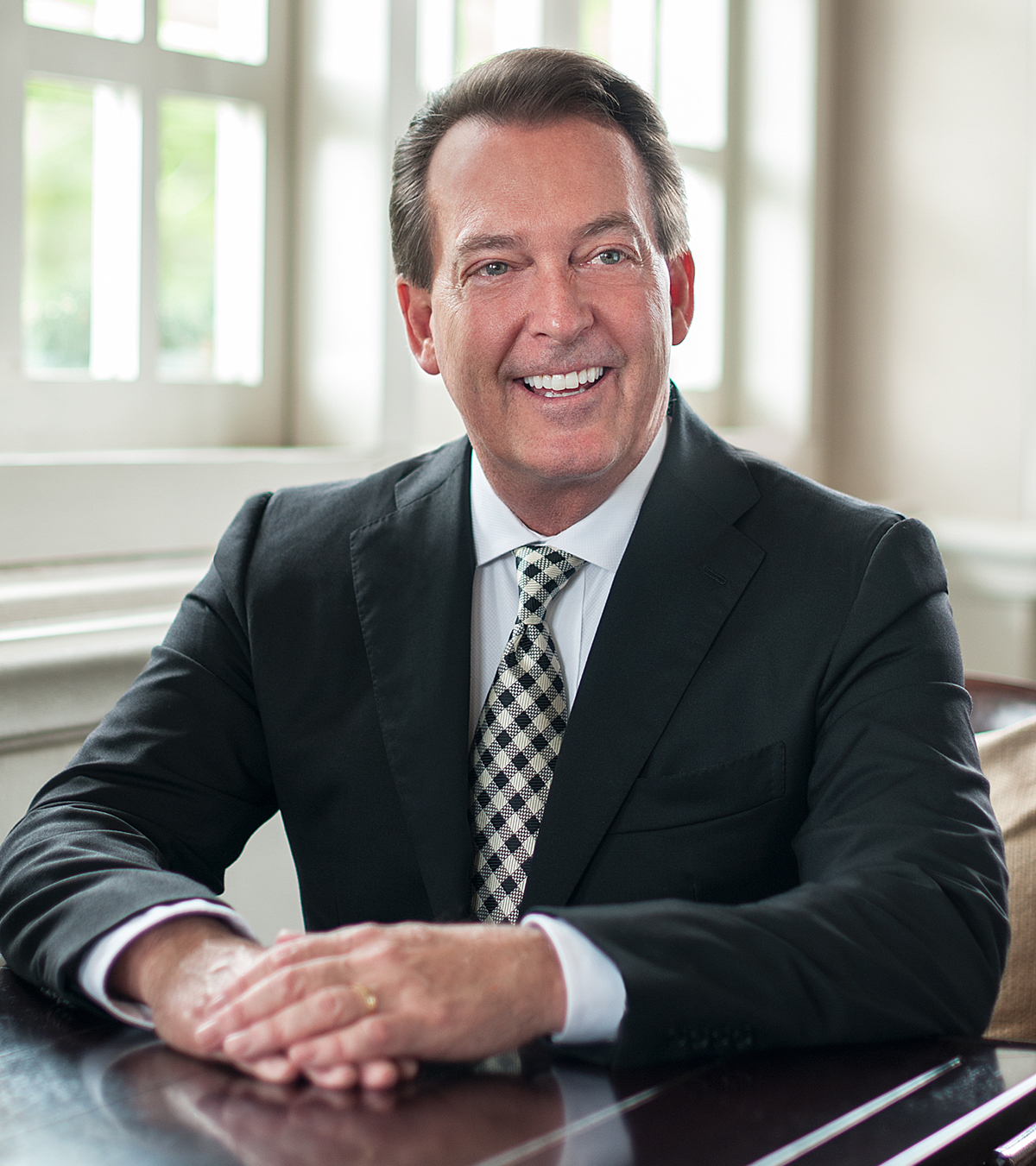 Clayton recognises the value of wellness both personally and in business / photo: CAPELLA HOTEL GROUP
A luxury hospitality veteran whose personal investment in health ranges from daily yoga to dedicated wellness travel, Nicholas Clayton has no doubt about the value of a well-executed strategy in this arena. “Between 20-30 per cent of our bookings for Capella are driven by guests who travel to pursue wellness from spa therapies to fitness, meditation to breathwork or nutrition to beauty,” he tells Spa Business. “They’re interested in making optimal lifestyle choices beyond one-off treatments.”
Originally developed by Sylvia Sepielli and Raison d’Etre, Auriga remains Capella’s spa concept, rooted in the science of waxing and waning moon cycles with aligned treatment protocols of renewal and restoration. “We’ve been working diligently to evolve the concept in recognition that wellness extends beyond the physical being into spiritual and mental health,” Clayton observes.
With signature moon rituals just one of the foundations, Auriga Spas are free to incorporate local treatments into each destination’s menu, mixing western and eastern philosophies. Wellness is consciously weaved into resort programmes with daily activities such as meditation, yoga and sound healing, while transformative experiences include, at Capella Ubud for instance, chakra balancing with a traditional healer.
New bathing rituals, tea- and water-purification ceremonies are on the way while plans are afoot for resident astrologers to be installed at each destination.
For Clayton, there’s complete sense in wellness resort programming – much of which is included in room rates – and traditional spa activities to be led by one person. “Wellness is so influential in terms of decision-making among our target clients that our investment in these activities is beneficial for overall business,” he notes. “Look at our top-three performing spas in Sanya, Singapore and Shanghai last year; they actually achieved revenue increases of 30-40 per cent on similar periods in 2019 despite the pandemic.”
The group’s 2020 story is reflective of domestic market strength versus international travel. Capella’s two Chinese resorts outperformed expectations, registering an average RevPAR increase of 25 per cent over 2019 while Capella Singapore hit occupancy of 65 per cent once the COVID circuit breaker was lifted in July. Bali’s dependency on international business, in contrast, resulted in a RevPAR decrease of 60 per cent.
Travel turmoil withstanding, the group launched Bangkok and Hanoi, with owners Country Group Development and Sun Group respectively, with the aim of establishing the hotels’ reputations domestically.
With exciting projects already under construction in the Maldives and central Sydney plus new Chinese signings in the pipeline, Clayton explains that expansion in the Americas is now a greater priority: “Destinations such as Los Angeles, New York, San Francisco, Cabo San Lucas and the Caribbean are our initial focus.”
In the meantime, all hands are on deck for the introduction of Patina Hotels & Resorts. Conceived as an ultra luxury lifestyle brand, Patina is a thoughtful sister to Capella, with the potential for both to be operated in close proximity.
Between 20-30% of our bookings for Capella are driven by guests who travel to pursue wellness
Patina’s wellness concept, Flow, “has a curious and adventurous character represented by the phrase ‘state of mind, body and play’,” says Clayton. “Health and lifestyle experts, known as ‘resident hackers’, programme wellness journeys. This could include treatments that improve cellular health, such as lymphatic drainage, or sessions incorporating technologies like hyperbaric chambers, sound and light rooms. Fitness will have a playful element and there’s a plant-based restaurant concept, named Roots.”
Inaugural property Patina Maldives, Fari Islands is designed by Brazilian architect Marcio Kogan to play on ideas of duality, human connection and holistic health. Following the Maldives debut this month, Patina will open next in Bali, Japan and China over the next five to 10 years.
Evan Kwee
Vice-chair, Capella Hotel Group
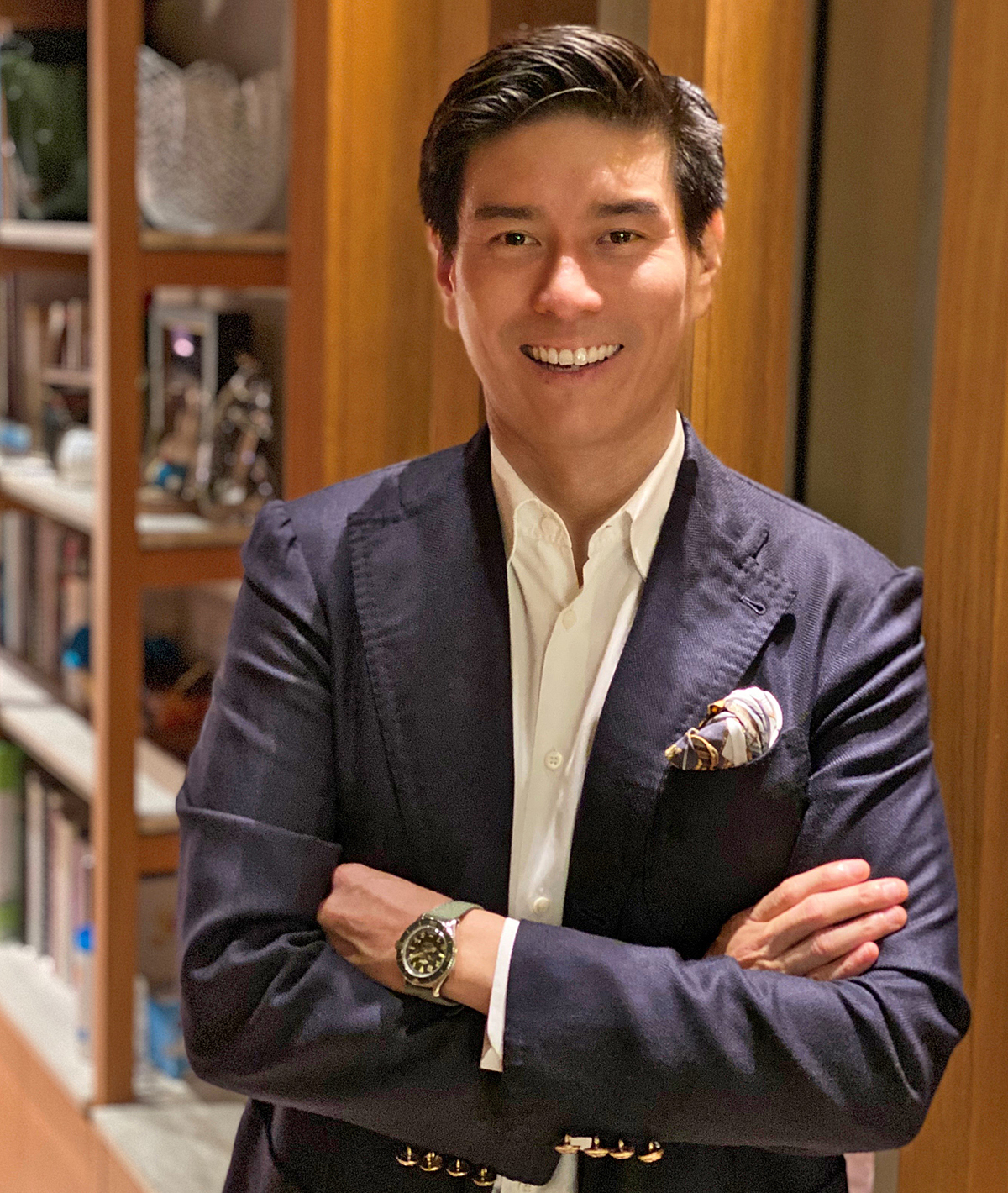 Evan Kwee’s family owns Capella and is one of the wealthiest families in Asia / photo: CAPELLA HOTEL GROUP
I believe in being in the thick of things,” says Evan Kwee, the third generation of a Singaporean family known for prudent, long-term, real-estate development. Serving on Capella’s board while holding the role of senior vice president of hotels at Pontiac Land Group – Capella’s parent company – Kwee has had a hand in development, design and operations since guiding Capella Singapore came into existence shortly after his graduation. For more than a decade, he’s overseen expansion of the brand in Asia: “We’ve established Capella in Southeast Asia but are now setting our sights on other continents.”
Singapore’s four Kwee brothers, whose net worth puts them into Forbes’ top-50 wealthiest Asian families, control SG$12bn (US$9bn, €7.5bn, £6.5bn) worth of real estate. Back in 2006, the developer entered into a joint venture with Capella’s founder Horst Schulze before fully acquiring the brand in 2017. As the son of Pontiac Land’s chair Kwee Liong Tek, Evan Kwee is entrusted with making strategic equity investments.
We’ve established Capella in Southeast Asia but are now setting our sights
on other continents
To support the launch of Patina, Pontiac Land has committed to the development of a three-island complex in the Maldives, which welcomes both Patina and Ritz-Carlton resorts this summer followed by Capella in 2023. As is the case with Capella Singapore and the forthcoming Sydney hotel, ownership positions are taken on occasions and a more traditional operator model on others. “The pride and effort we place into the opening and running of every property is equal, whether owned or managed,” notes Kwee.
Under his leadership, Capella has become known for collaborating with star architects and designers including Bill Bensley, Norman Foster, André Fu, Jean-Michel Gathy and Kengo Kuma. He adds: “I collaborate with architects, engineers and clients to improve profitability through design excellence.”
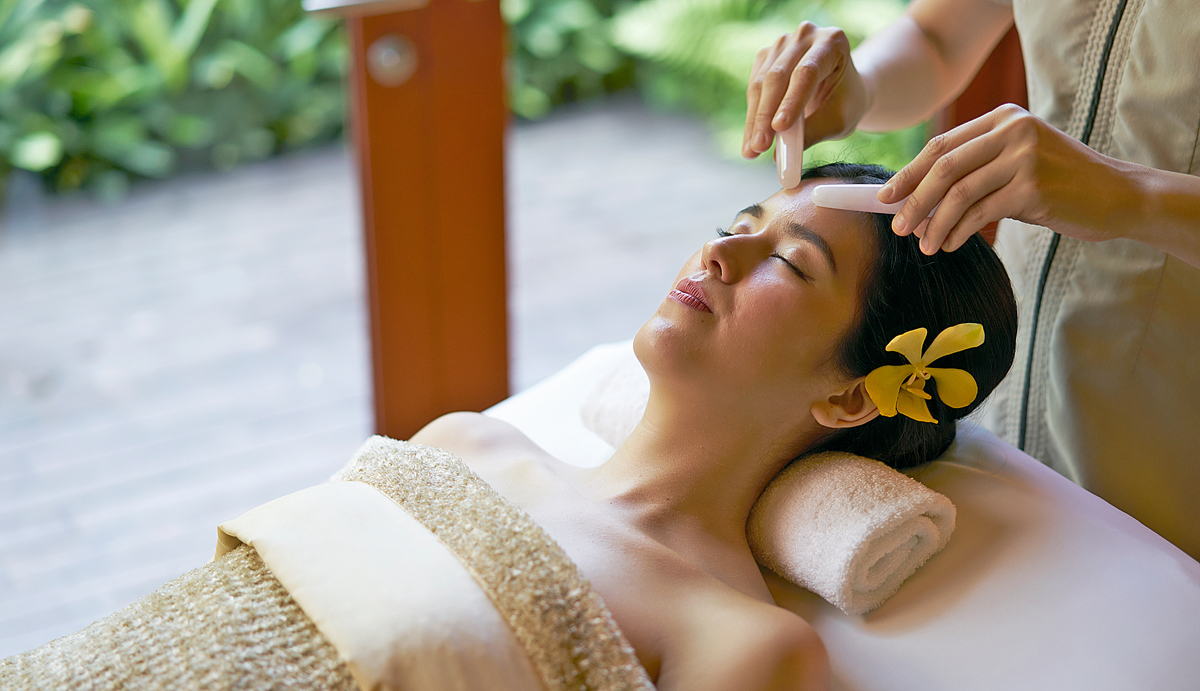
Kwee has overseen the expansion of the brand in Asia for over a decade / photo: CAPELLA HOTEL GROUP
Cassandra Forrest
Director of spa and wellness, Capella Singapore
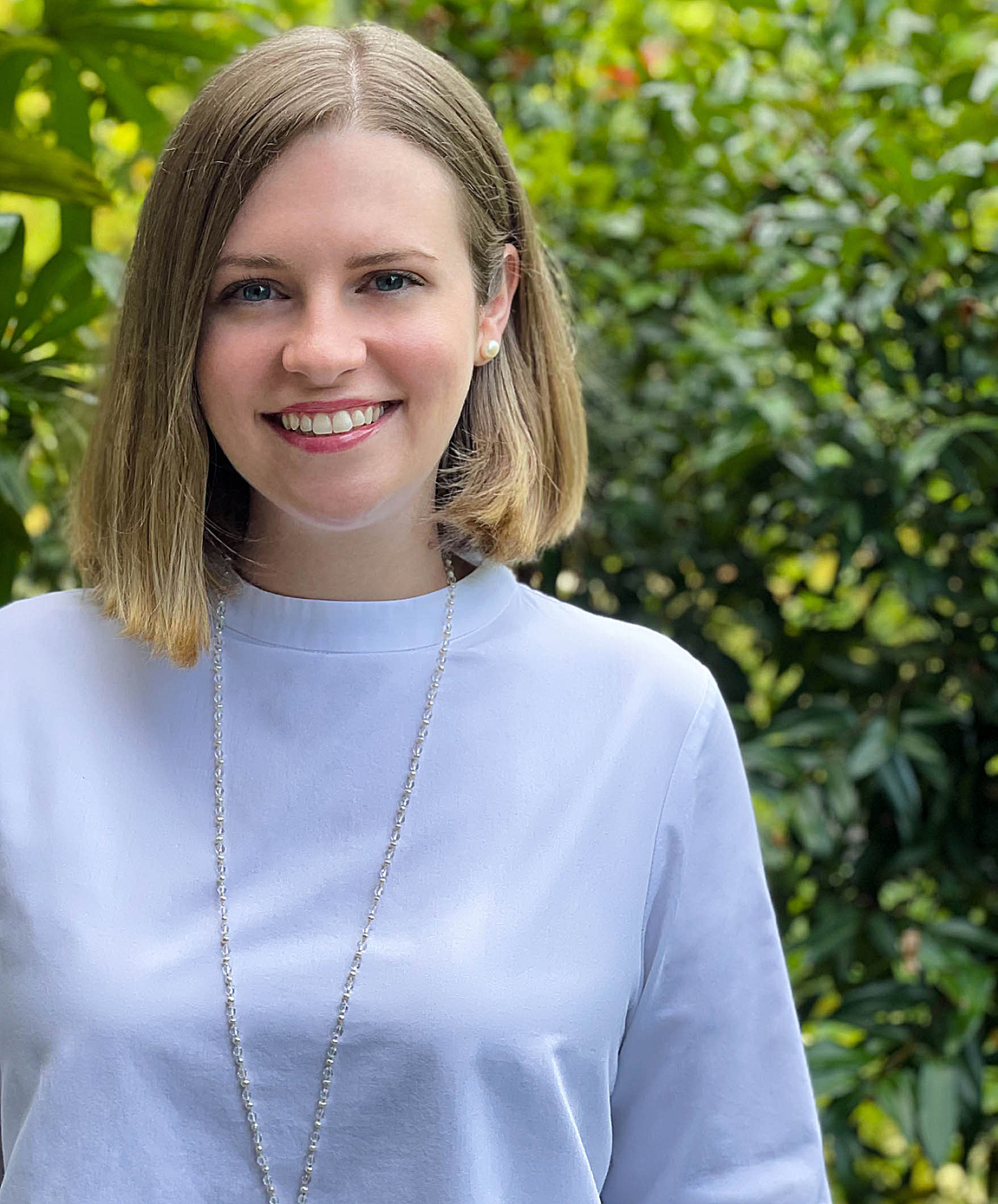 Forrest has achieved more business than pre-COVID due to yield management / photo: CAPELLA HOTEL GROUP
From its Sentosa Island location, the flagship 1,114sq m Auriga Spa experienced an unexpected boom as soon as it was able to open last July after the national circuit breaker. “In the weeks before [re]opening, we were overwhelmed with enquiries,” says Cassandra Forrest, who joined Capella in 2019 with close to 15 years’ industry experience.
“The rainforest setting of Capella Singapore lends itself to staycations and our reputation for high standards and cleanliness attracted domestic guests from the city who were stressed, working long hours and wanting to prioritise wellbeing.” This has translated into a spa capture rate of 10 per cent, up from 7 per cent pre-pandemic. Auriga also saw a 30 per cent increase in revenue for July-December 2020 versus the 2019 period.
Forrest believes that both the spa’s reputation and compelling resort programme has attracted Singaporeans who remain at the resort longer because of thoughtful wellness and cultural activities. “Whether candle-making, meditation or the art of yoga, you elevate the guest experience, promote longer stays and pique more interest in spa treatments,” she says. “Last year, we added a self-care massage and DIY body scrub session so we could educate guests on how to maintain their wellbeing at home.”
Having reached a therapist utilisation rate of 90 per cent, Forrest has hired nine new team members since last July. “Our number of guests reduced but as I was able to grow my team and arrange shifts to yield optimal booking times with staggered starts, we achieved more business than pre-COVID,” she says. “We’re setting up a call-centre to handle demand and streamline reservations while considering an online booking platform although this has to be balanced with our desire to build guest relationships by making personalised treatment recommendations.”
There’s been a growing demand for facials because of
mask wearing-associated skin congestion
Since the spa’s reopening, there’s been a growing demand for facials because of mask wearing-associated skin congestion. Forrest has introduced Biologique Recherche facials, which augment existing Organic Pharmacy treatments, signature moon rituals (SG$450, or US$337, €281, £244, for 3 hours including body scrub, wrap, massage and facial) and locally inspired therapies. Two new immunity-boosting therapies tap into current health concerns including the Organic Pharmacy Immune Recovery Antioxidant Facial with Himalayan salt inhalation (SG$225, or US$168, €141, £122, for 75 minutes).
Forrest also hopes to complete in-depth training this year for the introduction of chakra singing bowl therapy. “Once people feel fully safe and able to remove masks, I think they’ll be longing even more intensely for the touch and contact provided by spa therapies,” she notes. “If you’re trusted as a spa, there’s much to be optimistic about for the future as the pandemic has only served to highlight the importance of personal wellness.”
Chinnapat Veerasomboonsin
Director of spa and wellness, Capella Bangkok
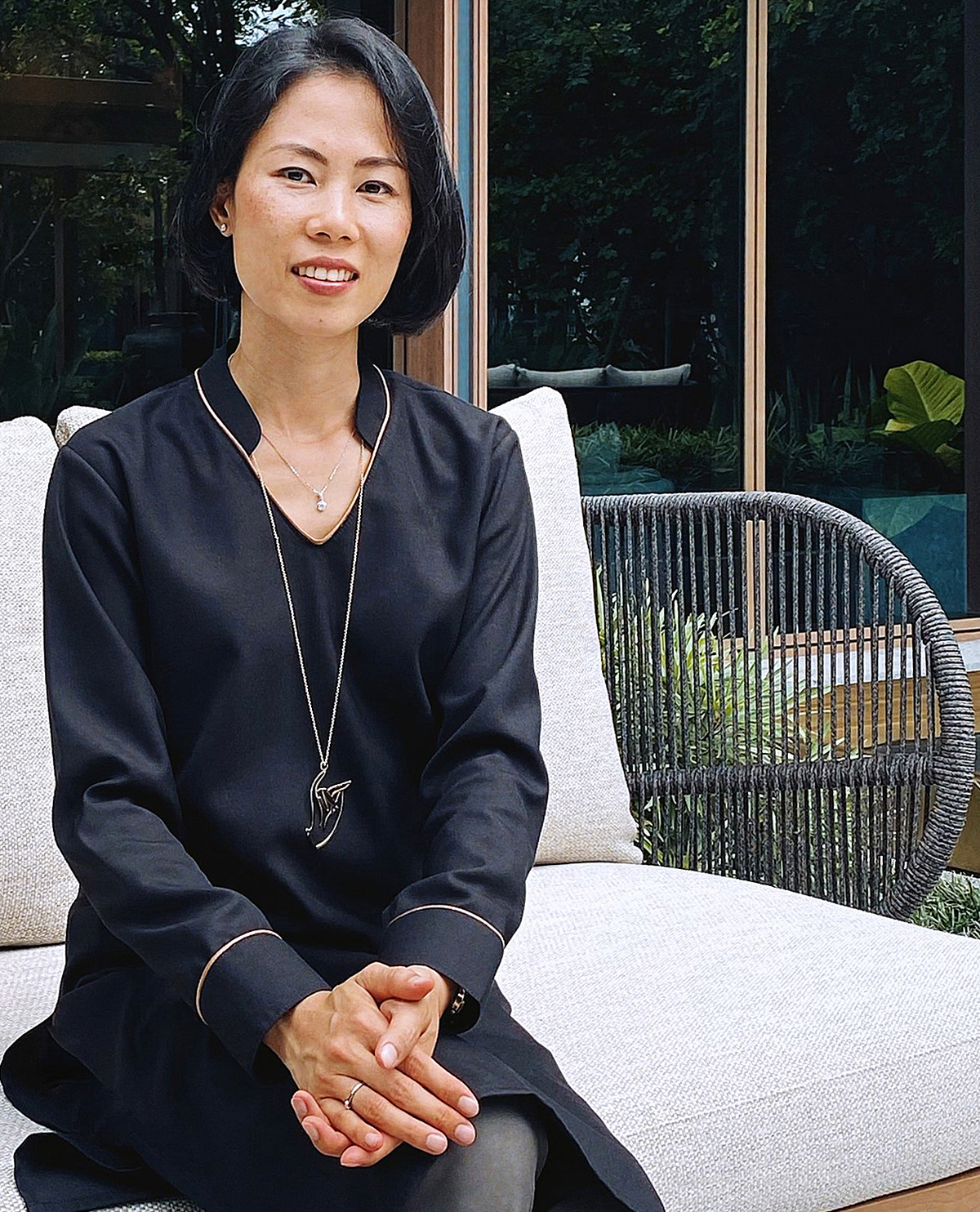 Veerasomboonsin thinks authentic Thai therapies will appeal to global travellers when they return / photo: CAPELLA HOTEL GROUP
Opened towards the end of 2020, Auriga Wellness at Capella Bangkok has a strong offering for the domestic market. And this is the source of the majority of guests considering the strict quarantine rules for international tourists.
The 1,074sq m urban sanctuary boasts an open-air arrival courtyard with views to Chao Phraya River, wellness garden, thermal vitality area designed by GOCO Hospitality, movement studio and seven treatment rooms with interiors by Bangkok-based PIA.
“Our four-tier membership features inclusions such as generous spa credit, complimentary use of vitality pools and five hours of parking as we truly want to be open to the community,” says newly appointed director Chinnapat Veerasomboonsin. “As we believe in an integrative wellness approach, activities such as guided meditation at a Buddhist temple can be arranged and we’ll periodically be inviting visiting practitioners such as transformation coaches, naturopaths, energy healers and functional medicine specialists.”
Since opening, 111SKIN’s face therapies have been popular among both genders, with men favouring the 60-minute Cryotherapy Energy Signature Facial (which costs THB5,800, or US$184, €153, £133). “Guests are drawn to the precision and medi-spa innovations of 111SKIN to protect against environmental damage and achieve efficient skin penetration,” Veerasomboonsin reveals.
Our four-tier membership features inclusions such as generous spa credit, complimentary use of vitality pools and five hours of parking
She’s also hopeful that the THB15,000 (US$477, €396, £345) meditative couples’ retreat, which encourages escape for three hours and disconnection from technology, will prove attractive – especially since it can be paired with a macrobiotic lunch.
Once global travellers return, the expectation is that authentic therapies such as tok sen, luk pra kob and nuad bo rarn will appeal to this profile because they’re experiential and provide an insight into 2,500-year-old Thai healing arts.
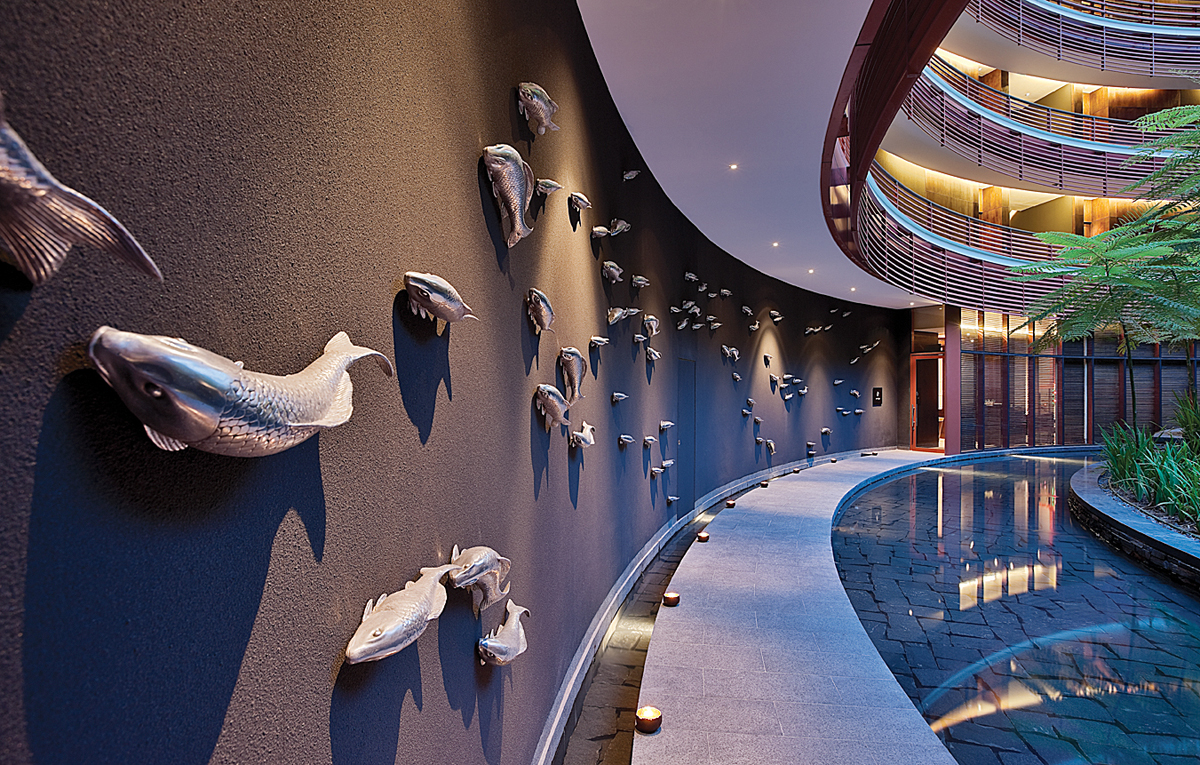
One of Capella’s newest openings, the Bangkok site has a strong offering for the local market / photo: CAPELLA HOTEL GROUP
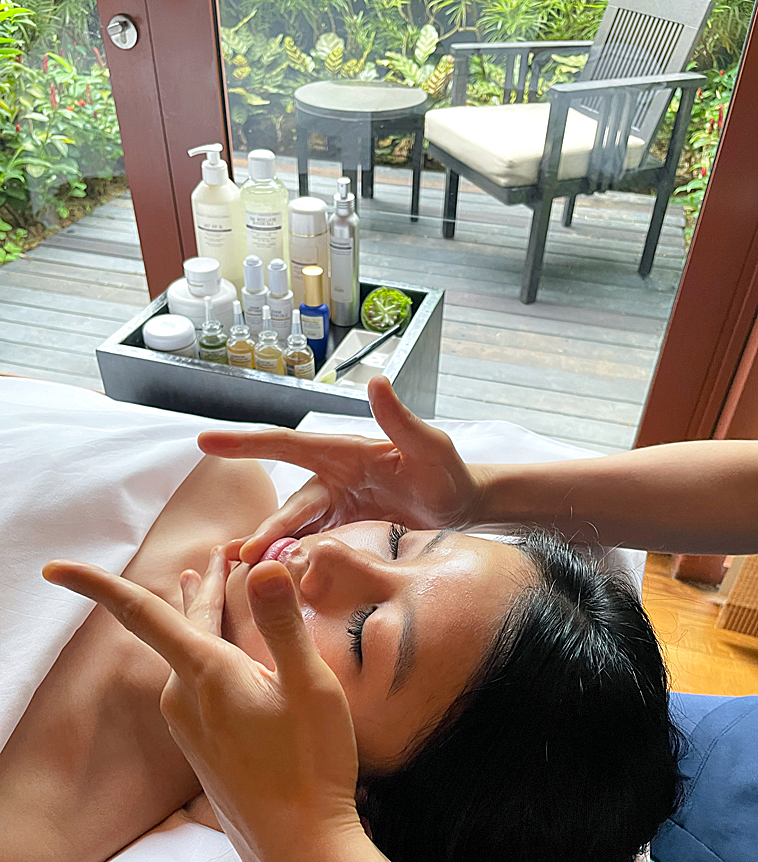
photo: CAPELLA HOTEL GROUP
|
|
 |
| Originally published in Spa Business 2021 issue 2
|
|
 |
|